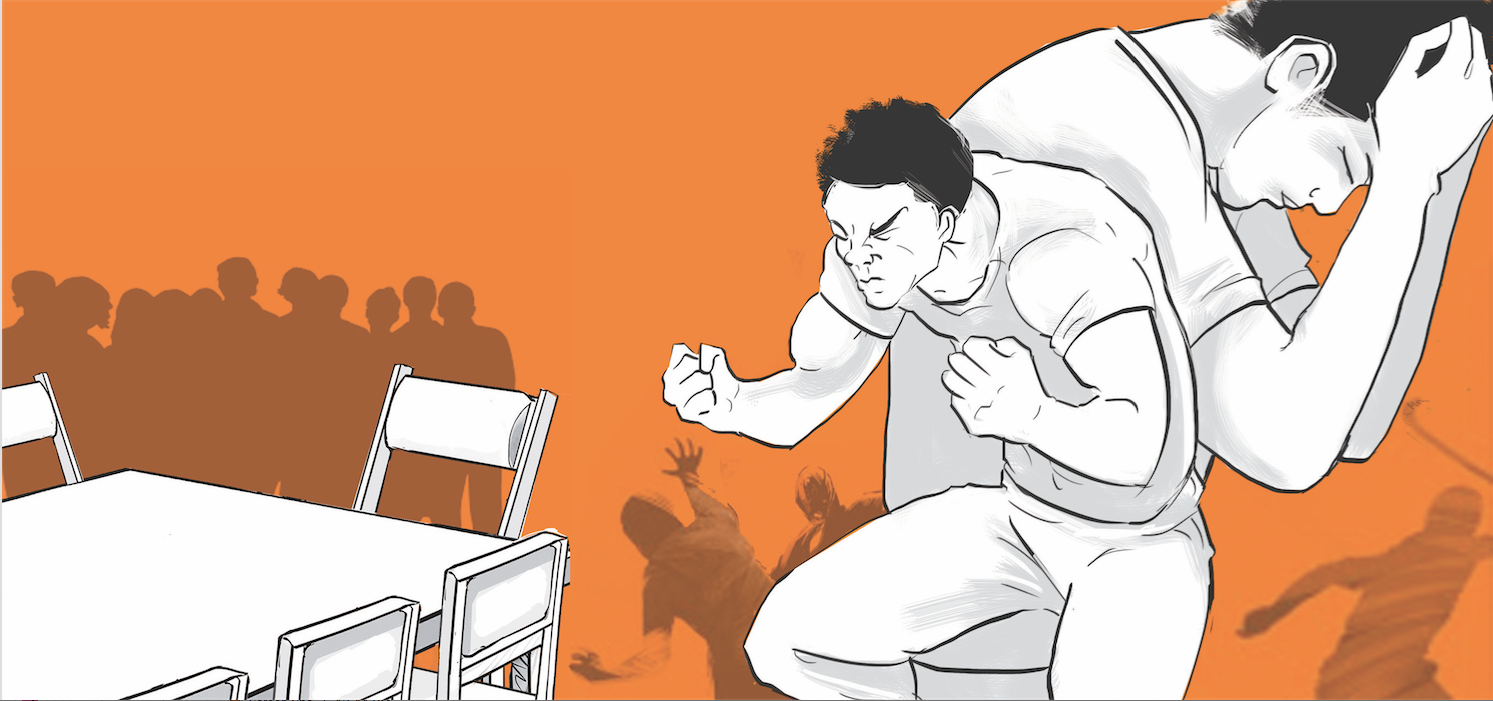

The nature of politics and its conquests has always made it the desire of politicians to control events. Nonetheless, history has perpetually documented that, in fact, events often control politicians and citizens.
Presently, the spate of demonstrations headlined by Kenya’s Gen Z count among one such pivotal circumstances where events are indeed directing the course of a nation.
The demonstrations that have been taking place, marinated by strong political intrusion, have shocked the region and the tremors continue to reach distant parts of the world.
The thematic issues making up the political unrest are layered, convoluted, with historical underpinnings, while others invite structural rethinking of Kenya’s governance.
As such, Kenya stands yet again at a vital junction moment, which will remain historical, whichever direction is taken, with long-term consequences.
Evidently, at the moment, there is an apparent oversubscription of the masses in the caravan of anger against the Kenya Kwanza government, which passions could be informed by real or imagined issues of governance.
Many lives have been lost in unfortunate circumstances, numerous injuries have been sustained by hundreds of citizens and tens of police officers, and hundreds of business owners are reeling from unquantifiable losses as a result of lootings, theft and burning down of business establishments.
The digestible issue at hand is that the cycle of protests is conceivably unsustainable, if the loss of lives and economic injustices visited upon traders are critical variables to consider.
The moral and material benefits of a spread-out, inclusive and structural dialogue cannot be wished away. Pitted against the spiralling ethno-political diatribe instigated by some politicians keen to milk the udder of strife for political gain, national dialogue has so much to benefit the country than its antithesis.
As a people, Kenyans need to rise to the consciousness of rejecting nihilistic politics and political parties as able tools of democracy, and railroad ideological politics to inform mobilisation and magnetism, not tribal and regional identities.
So, the broad and inclusive dialogue I am in favour of should not be viewed through the narrow lenses of constitutional restructuring, the forte of elite capture, but a holistic moment for pressing the reset button.
Kenyans need to negotiate their future by disentangling from the past and reorganising the present through intentional dialogue. That cannot be left to fate.
Kenya cannot just be driven by politicians alone. It belongs to all of us. So, professional bodies, trade unions, academia, students, farmers, medics, traders and the business community, among others, must always voice their concerns and interests. That cannot be left to politicians.
I bear an unyielding faith in the power of the common good when citizens come together and converge at the table of brotherhood, and in this case, inspired by the drive to make a better nation.
During the 35th commemoration of Saba Saba, the dramatic historical push for multipartyism in Kenya, former Prime Minister Raila Odinga stirred up the nation with a riveting proposal for an inclusive national conclave as a way forward to quell the political disquiet. A welcome opinion.
I am ill with trepidation when some politicians are stolidly indifferent about the affairs of the nation, and the need to open the crucible and let the steam out.
The instrumentation of dialogues within nascent democracies requires constant vigilance to the present and future needs of the country; diatribe, indifference, anarchy and choreographed bile need not be accommodated.
Lawyer and governance expert based in Nairobi, Kenya














